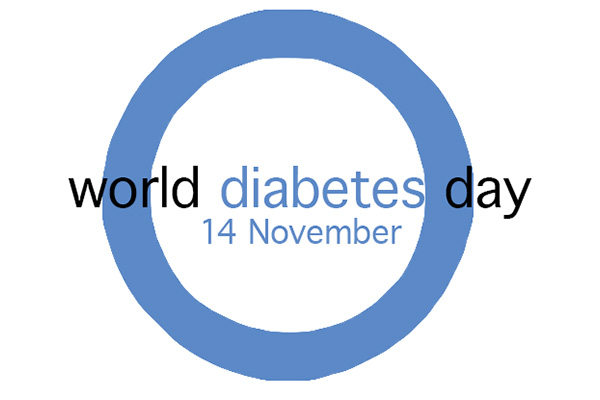
For many South African families, showering each-other with sweet treats, unhealthy snack foods and TV and computer games is seen as a sign of love. However, this unhealthy eating and an increasingly sedentary lifestyle could be contributing to the steady increase in diabetes, which is threatening the health and lives of people around the world. This international Diabetes Day, on 14 November, South Africans should consider ways to love their families to a state of peak health, says Novartis South Africa.
According to the International Diabetes Federation (IDF), around 15.5 million adults aged 20-79 are living with diabetes in Africa, with over two-thirds (69.2%) of them unaware of their condition. More than half (55.3%) of adults living with diabetes in the region live in urban areas.1
As is the case in many countries around the world, the incidence of diabetes across Africa and in South Africa is increasing. Around 1.8 million people currently have diabetes in South Africa, with this number expected to top around 2.7 million by 2045, according to the IDF. In addition, more than two million South Africans may have impaired glucose tolerance.2
“This increase is in line with trends developing around the world,” says Dr Nicola Lister, Chief Scientific Officer & Medical Director, Novartis Southern Africa. “According to the World Health Organization, the number of people with diabetes rose from 108 million in 1980 to 422 million in 2014 – representing an increase from 4.7% of adults to 8.5% of adults.”
This is significant cause for concern, says Dr Lister, since diabetes is a major cause of blindness, kidney failure, heart attacks, stroke and lower limb amputation. In 2016 alone, an estimated 1.6 million deaths were directly caused by diabetes.3
“Most of these cases are type 2 diabetes, which can be treated and its consequences avoided or delayed through a healthy diet, physical activity, medication and regular screening and treatment for complications,” 3 says Dr Lister.
This World Diabetes Day focuses on the family and diabetes, highlighting the important role families play in helping spot the symptoms of diabetes, as well as in encouraging healthy living to reduce the risk of diabetes.4 “Families can help address the modifiable risk factors for type 2 diabetes by reinforcing the need for a healthy lifestyle4,” says Dr Lister. “They can also make themselves aware of the common symptoms of diabetes, and encourage family members to be screened for diabetes. All families are potentially affected by diabetes, so all families should be aware of the signs, symptoms and risk factors of diabetes, to help detect it early.”
In the case of Type 1 diabetes, which most often develops in childhood, these symptoms can include excessive urination, extreme thirst, constant hunger, weight loss, vision changes and fatigue. Similar symptoms occur in Type 2 diabetes, which most often develops in adulthood. However, the symptoms of Type 2 diabetes are often less noticeable than those of Type 1 diabetes, so people may remain undiagnosed for years. However, early diagnosis and treatment are key to preventing the complications of diabetes and improving outcomes4.
Simple lifestyle measures have been shown to be effective in preventing or delaying the onset of type 2 diabetes. These include: achieving and maintaining a healthy body weight; eating a healthy, balanced diet and avoiding sugar and saturated fats; avoiding tobacco use; and getting at least 30 minutes of moderate exercise daily.3
Treatment of diabetes involves diet and physical activity along with blood glucose control, blood pressure control, foot care, screening and treatment for retinopathy (which causes blindness) and screening and treatment of diabetes-related kidney disease3. Family support in diabetes care has been shown to have a substantial effect in improving outcomes for people with diabetes.4
For more information on World Diabetes Day, visit http://www.worlddiabetesday.org/
